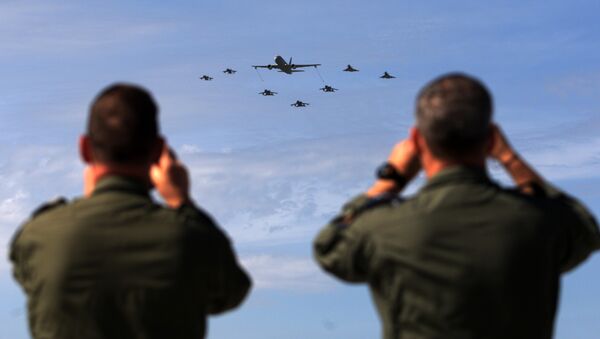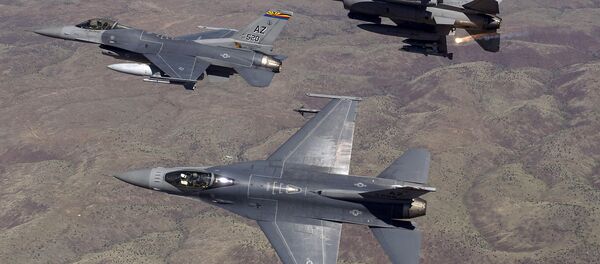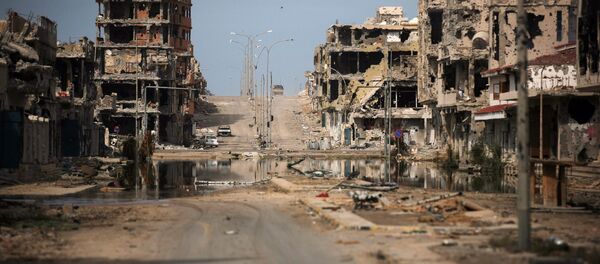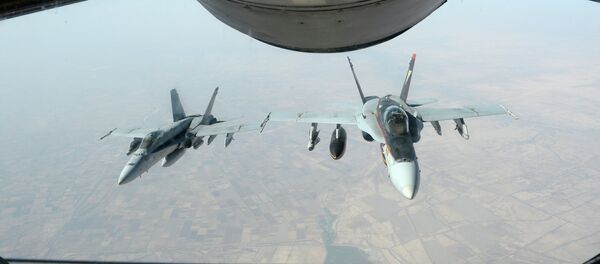Asked to comment on Rome's decision, Mirko Molteni, a respected military journalist and contributor to Analisi Difesa magazine and the Milan-based daily newspaper Libero, told Sputnik Italia that it would undoubtedly increase the danger of terrorist attacks against Italy.
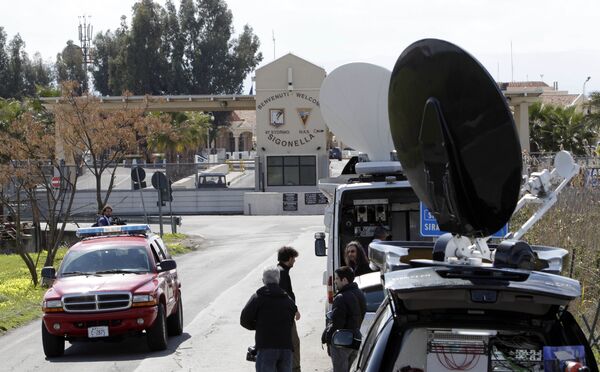
Molteni started off by noting that the decision to participate has put the country close to a state of war. "The problem is that Daesh has already threatened attacks on Italian territory for some time, especially against Rome, the capital of the Catholic world. The fact that Italy is making its bases available to the coalition greatly increases the threat of such attacks."
Effectively, the analyst warned that "all this may permanently destroy the illusion that Italy is safe from the terrorists."
As to the current thirty-day air campaign, the analyst said that he believes it to carry "more political than military" significance. In his view, the Tripoli-based government of Fayez al-Sarraj is looking to establish itself as the only legitimate representative of the Libyan state, "even though there is also General Khalifa Haftar's government in Tobruk, which is also actively fighting Daesh in the Benghazi area."
Unfortunately, the expert noted, Italy's political and military servility toward the United States is rooted in nearly 70 years of history, which followed Italy's entry into the NATO alliance.
"After the collapse of the Soviet Union and the Warsaw Pact, there was no longer any danger from the east; in fact, today's Russia is our ally against terrorism. But the political class in Italy has retained its habit of delegating the defense of Italy's national interests to the United States, and it will be many years before they learn to take care of our national interests themselves," the commentator said.
Ultimately, the analyst emphasized that if the United States and Russia really wanted to cooperate against Daesh, they might consider coordinated strikes on the terrorist group's stronghold in Sirte. However, these strikes would require more effective coordination than in Syria, where US aviation factually only serves to create additional problems for the Russian mission there.

